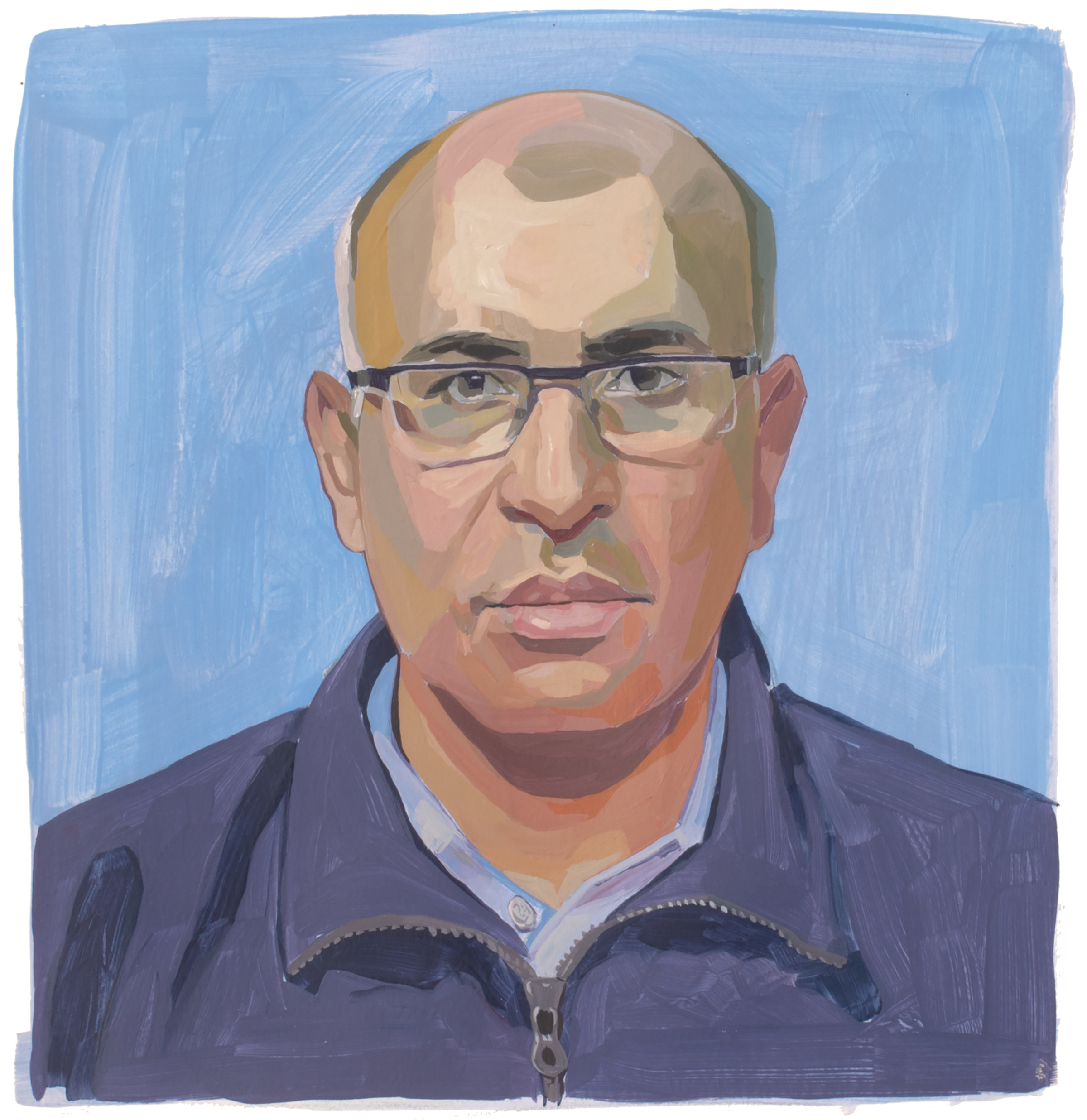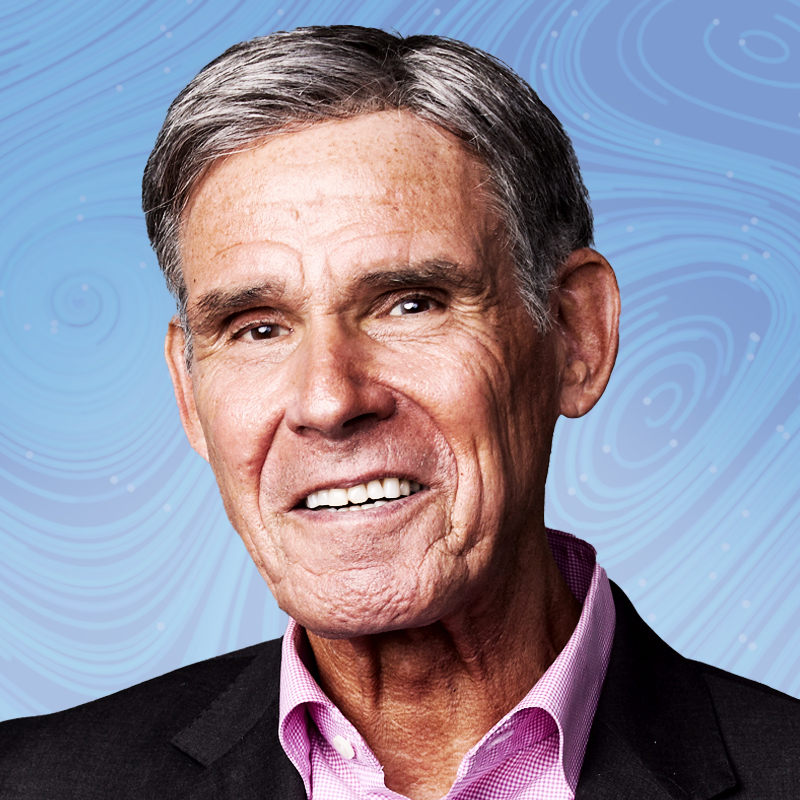No one knows for sure how many people die each year from a disease called noma, which causes a gangrenous infection on the face, because it’s not well researched or tracked. In 1998, the last year from which data is available, 140,000 people developed it and 90% died, according to the WHO. The disease affects the world’s most vulnerable people: 2- to 6-year-old children, especially those who are malnourished or in extreme poverty. Its final stage kills within a few days. Survivors are severely disfigured, which can lead to isolation, make speaking and eating difficult, and often necessitates extensive reconstructive surgeries.
Last year, however, noma was added to the WHO’s list of neglected tropical diseases, which will finally unlock new resources and global attention. This success was in part the result of an awareness campaign led by noma survivors Fidel Strub and Mulikat Okanlawon, the co-founders of survivors’ organization Elysium. Antibiotics can treat noma and even halt the disease before it progresses into gangrene. But many health care workers aren’t familiar with the disease and its treatments. Strub and Okanlawon hope that awareness of the disease in high-risk areas will enable faster treatment, and destigmatization will open new opportunities for survivors to continue their education and find work. “What we want to do is to help the survivors become contributing members of society, so they can live their life, and their dreams,” says Strub.
Okanlawon now works at Sokoto Noma Children’s Hospital in Nigeria, where she encourages survivors to receive medical treatment. She credits two factors for her decision to speak out: reconstructive surgeries that restored her confidence, and a desire to help others. “There is nothing noma patients cannot become in life. Everything is just determination,” she says.
More Must-Reads from TIME
- Cybersecurity Experts Are Sounding the Alarm on DOGE
- Meet the 2025 Women of the Year
- The Harsh Truth About Disability Inclusion
- Why Do More Young Adults Have Cancer?
- Colman Domingo Leads With Radical Love
- How to Get Better at Doing Things Alone
- Michelle Zauner Stares Down the Darkness
Contact us at letters@time.com





